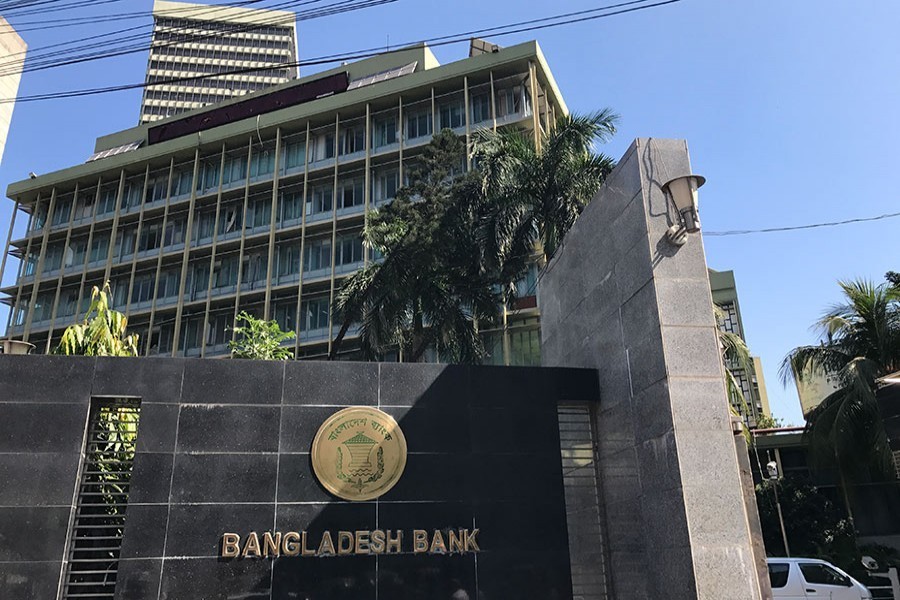The central bank has emphasised improving financial intermediation efficiency by reducing the amount of classified loans in the banking system through better supervision and risk management.
"….improving financial intermediation efficiency by reducing stressed asset in the banking system would require continued improvement in supervision and risk management," the Bangladesh Bank (BB) said in its latest Bangladesh Bank Quarterly (BBQ) for July-September 2018.
The BB's latest observations came against the backdrop of rising volume of the non-performing loans (NPLs) in the country's banking system in the recent months.
Talking to the FE, Syed Mahbubur Rahman, chairman of the Association of Bankers Bangladesh (ABB), has sought judicial support immediately to lower the amount of NPLs in the banking system.
The senior banker also suggested creating social pressures, like - imposing restriction on air travel, against the loan defaulters, particularly the wilful ones, which will help reduce the volume of default loans.
"Actually, it's a job of the entire ecosystem, not the bankers alone," said Mr. Rahman, also managing director and chief executive officer of Dhaka Bank Limited.
The volume of NPLs jumped by nearly 34 per cent or Tk 250.67 billion to Tk 993.70 billion as on September 30, from Tk 743.03 billion as on December 31, 2017, according to the BB data.
The share of classified loans also rose to 11.45 per cent of the total outstanding loans during the period under review from 9.31 per cent nine months ago.
The default loans include substandard, doubtful and bad/loss of total outstanding credits, which stood at Tk 8,680.07 billion as on September 30, 2018, from Tk 7,981.96 billion as on December 31, 2017.
"To support inclusive growth and macro-financial stability, the focus has been on ensuring that credit flows to the productive sectors through risk-extensive and intrusive supervision," the BBQ noted.
Despite the level of stressed asset during the first quarter (Q1) of the present fiscal year (FY), 2018-19, liquidity condition of the banking system remained stable, as credit growth recalibrated in line with deposit growth, it added.
The BBQ also said continued calm political scenario along with falling energy and food prices in the global market could likely to provide some positive support to the growth and inflation outlook for the FY 19.
However, the slower global growth in FY 19, continued trade tension, and tighter monetary condition in the advanced and emerging market economies can create some headwinds for the economy, the BB explained.
During the period under review, despite moderate deposit growth, excess liquidity in the banking system remained stable. Besides, weighted average lending and deposit interest rates declined, as credit growth moderated, the BBQ added.
The capital market performance exhibited a mixed trend during Q1 of FY 19, as reflected in the price indices, market capitalisation, price earnings ratio, and turnover in the Dhaka Stock Exchange (DSE).
The central bank also said buyers' confidence in the ready-made garment (RMG) industry underpinned by improvement in workplace safety conditions, and a strong growth momentum in the US aided exports.
"Improving energy supply situation and relatively calm political scenario also supported economic activities," it noted.


